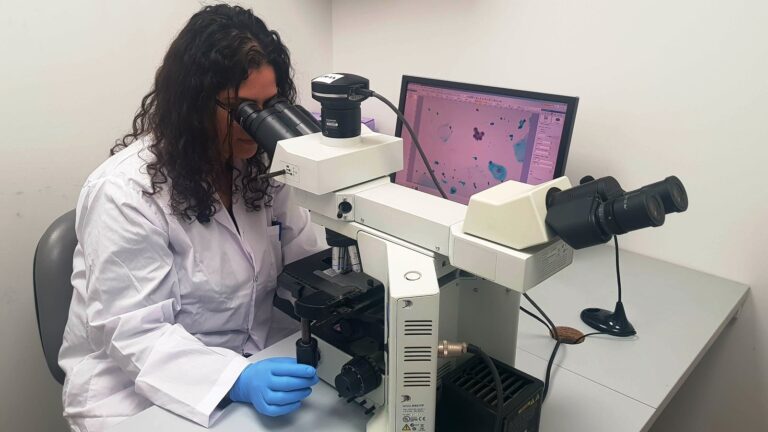Mexico is the first country to approve an Israeli-developed groundbreaking therapy for the treatment of early-stage prostate cancer. Mexico’s health authority Cofepris approved the therapy that combines the novel drug, Tookad Soluble, and laser illumination.
The revolutionary technique was invented at the Weizmann Institute of Science, Rehovot. Steba Biotech (Luxembourg) jointly worked on clinical development with Weizmann. And Yeda Research and Development Company, the Weizmann Institute’s technology transfer arm, licensed the drug to Steba Biotech for manufacture.
“Our cooperation with Steba covers 20 years of fruitful collaboration. The commitment made by the shareholders of Steba and their personal relationship and effective collaboration with Weizmann Institute scientists and Yeda, have enabled this tremendous accomplishment,” says Amir Naiberg, CEO of Yeda.
Mexico gave its approval after completion of a second Phase III clinical trial in Europe. The study involved more than 400 patients at 43 hospitals in 11 European countries and is currently under evaluation by the European Medicines Agency (EMA).
The approved therapy follows a new paradigm developed by Prof. Yoram Salomon of the Biological Regulation Department and Prof. Avigdor Scherz of the Plant and Environmental Sciences Department in the framework of photodynamic therapy. It comprises an intravenous infusion of Tookad, immediately followed by near-infrared laser illumination through thin optic fibers that are inserted into the cancer prostatic tissue, under ultrasound control.
The therapy is an outpatient procedure that lasts about 90 minutes. The focal treatment destroys diseased tissue but leaves noncancerous tissue alone.
“Patients are released a few hours later and can return to normal activities within a few days, with none of the side effects frequently associated with prostate removal by surgery or radiotherapy. This new minimally invasive technology offers a good alternative to patients diagnosed with early-stage prostate cancer,” reports Weizmann Institute.















